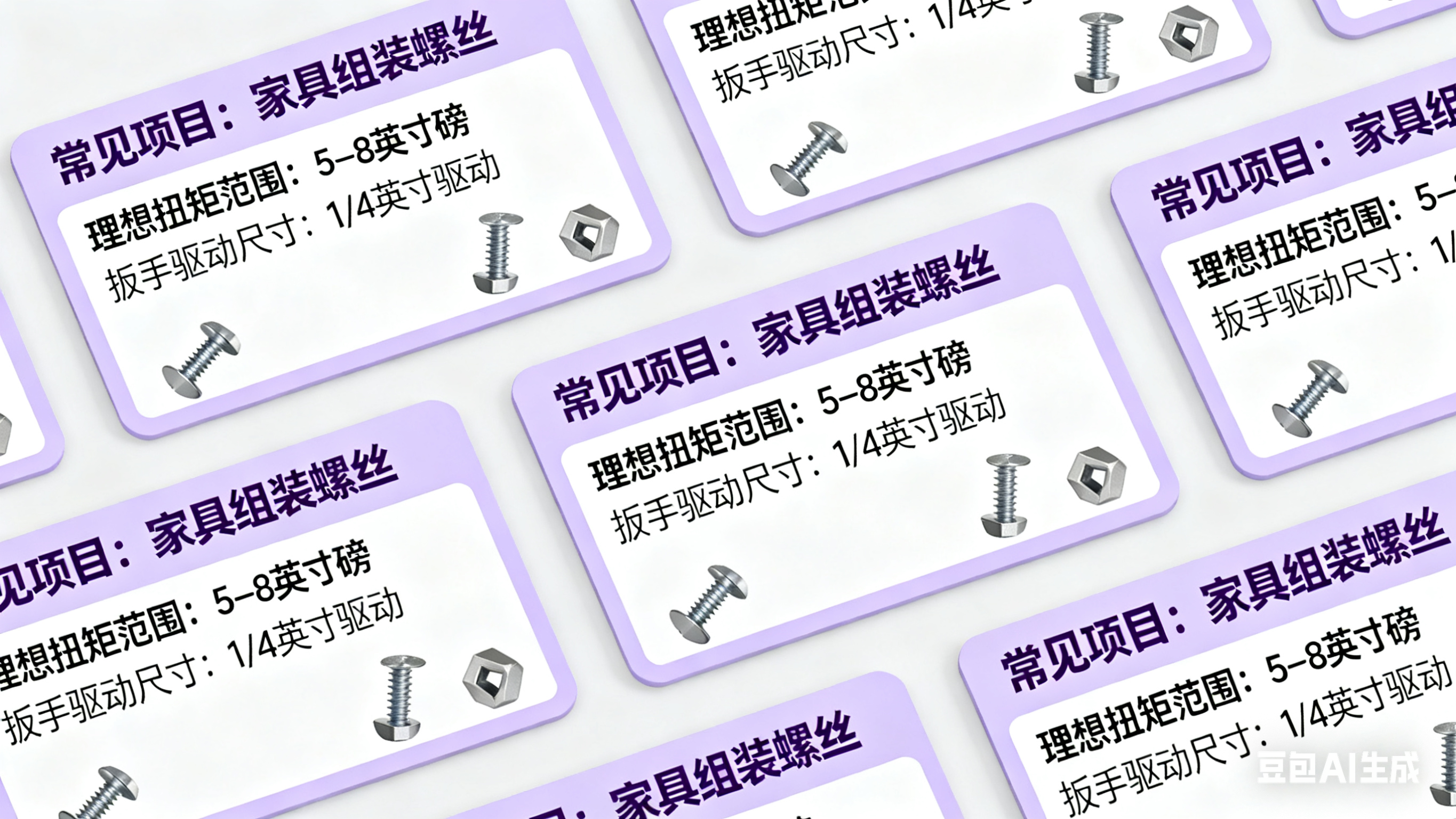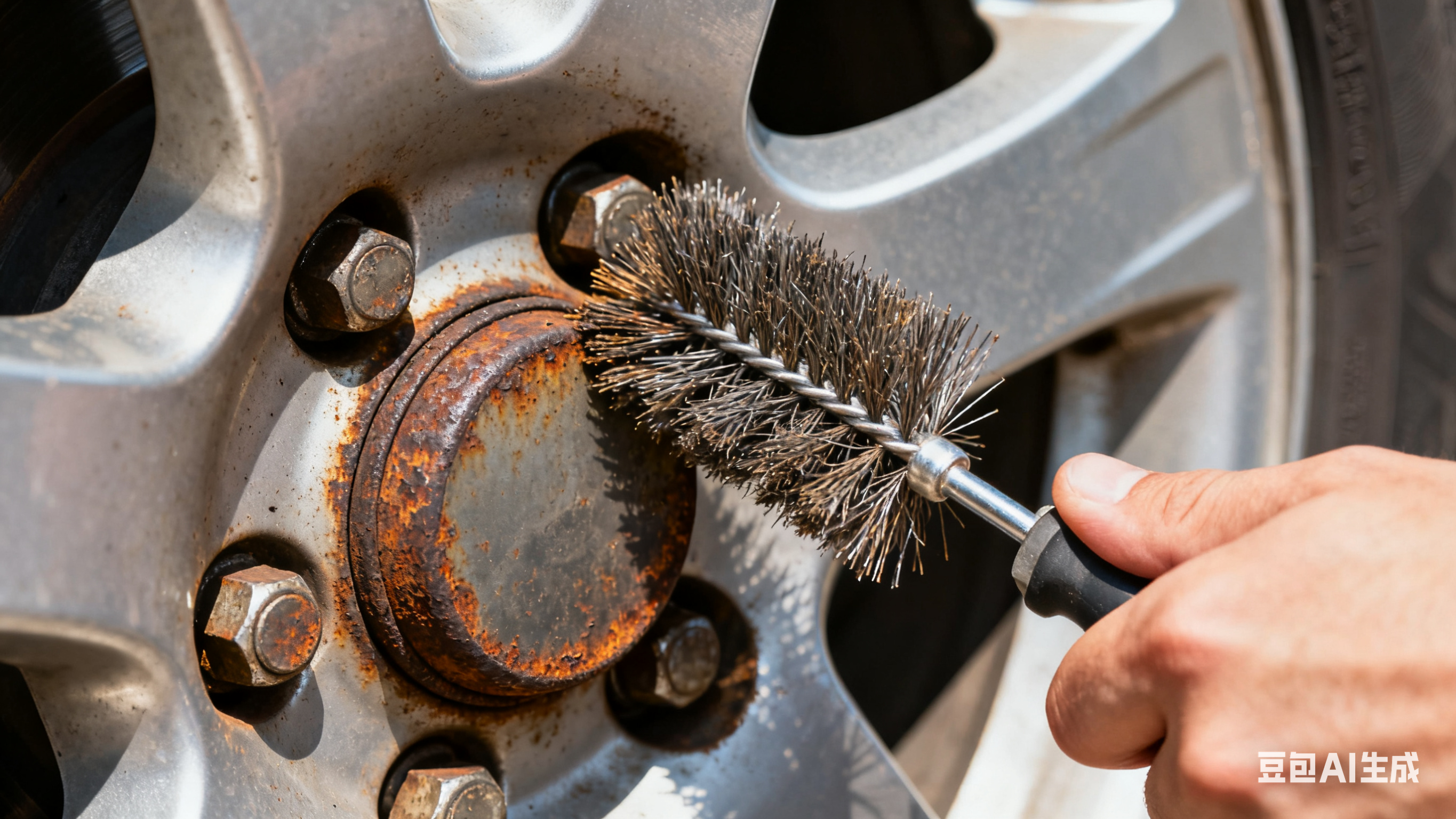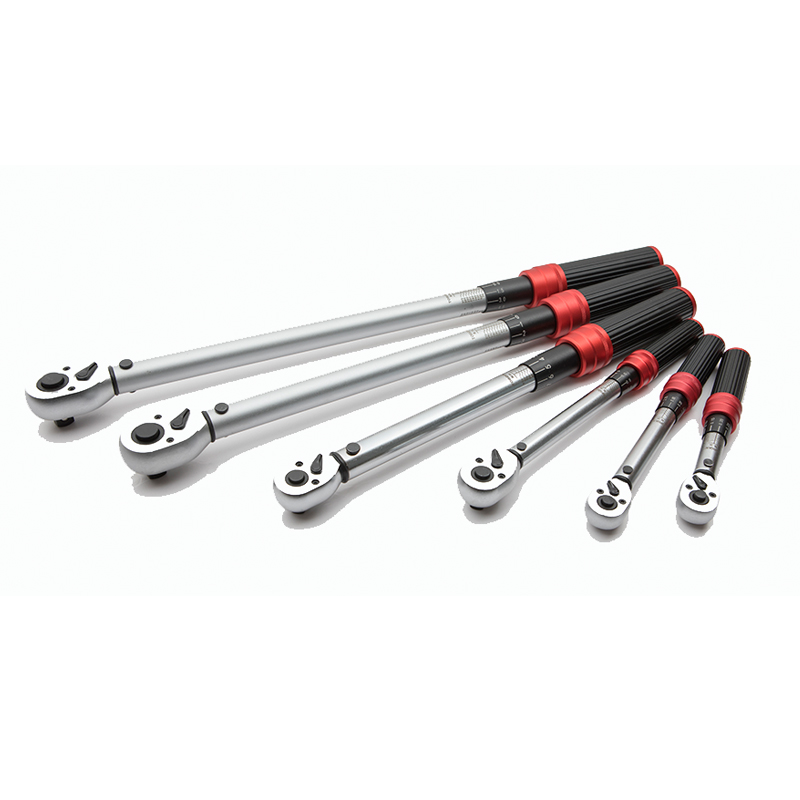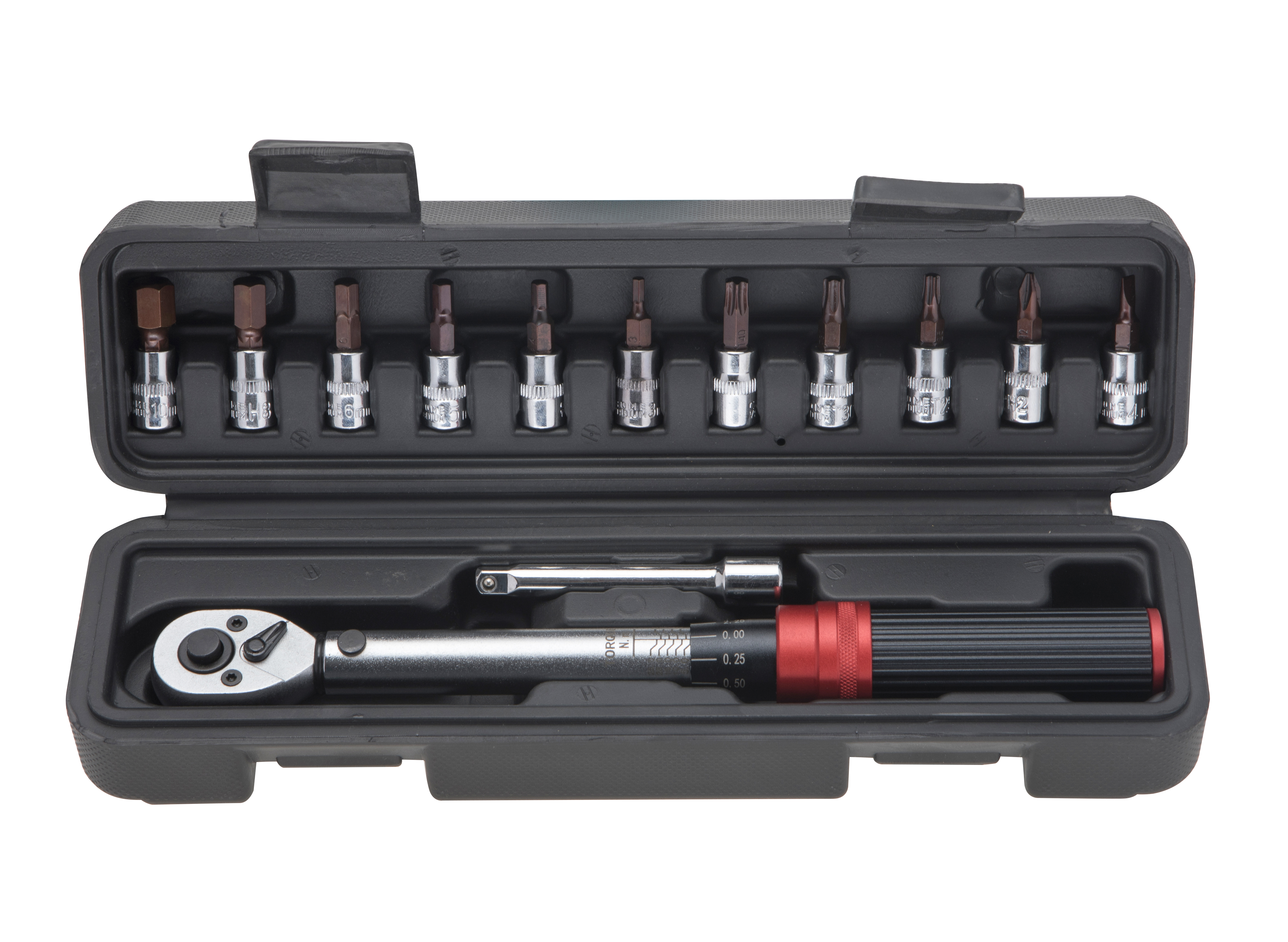Towing a trailer puts extra stress on your vehicle’s tires, and improper tire care during towing can lead to premature wear, blowouts, or even dangerous accidents. Whether you’re towing a utility trailer, camper, or boat, adjusting your tire care routine is essential to protect both your vehicle’s tires and the trailer’s.
First, check your vehicle’s tire load capacity before towing. Towing adds significant weight, so ensure your tires can handle the combined weight of the vehicle, trailer, and cargo. If you frequently tow heavy loads, consider upgrading to tires with a higher load index—these are designed to withstand more pressure without wearing out quickly.
Before each towing trip, inspect both your vehicle’s tires and the trailer’s tires. Look for tread wear (ensure it’s above 4/32 of an inch for safe traction), sidewall cracks, or bulges. Check tire pressure for both sets—underinflated tires flex more under heavy loads, generating excess heat that causes damage. Inflate tires to the “towing pressure” recommended in your vehicle’s manual (this is often higher than standard pressure).
During towing, avoid sudden acceleration or hard braking—these actions put extra strain on tires. Also, reduce your speed by 10-15 mph compared to normal driving; slower speeds minimize tire heat buildup. After towing, inspect the tires again for signs of stress, like uneven wear or increased pressure from heat. By prioritizing tire care when towing, you’ll keep both your vehicle and trailer safe on the road.






